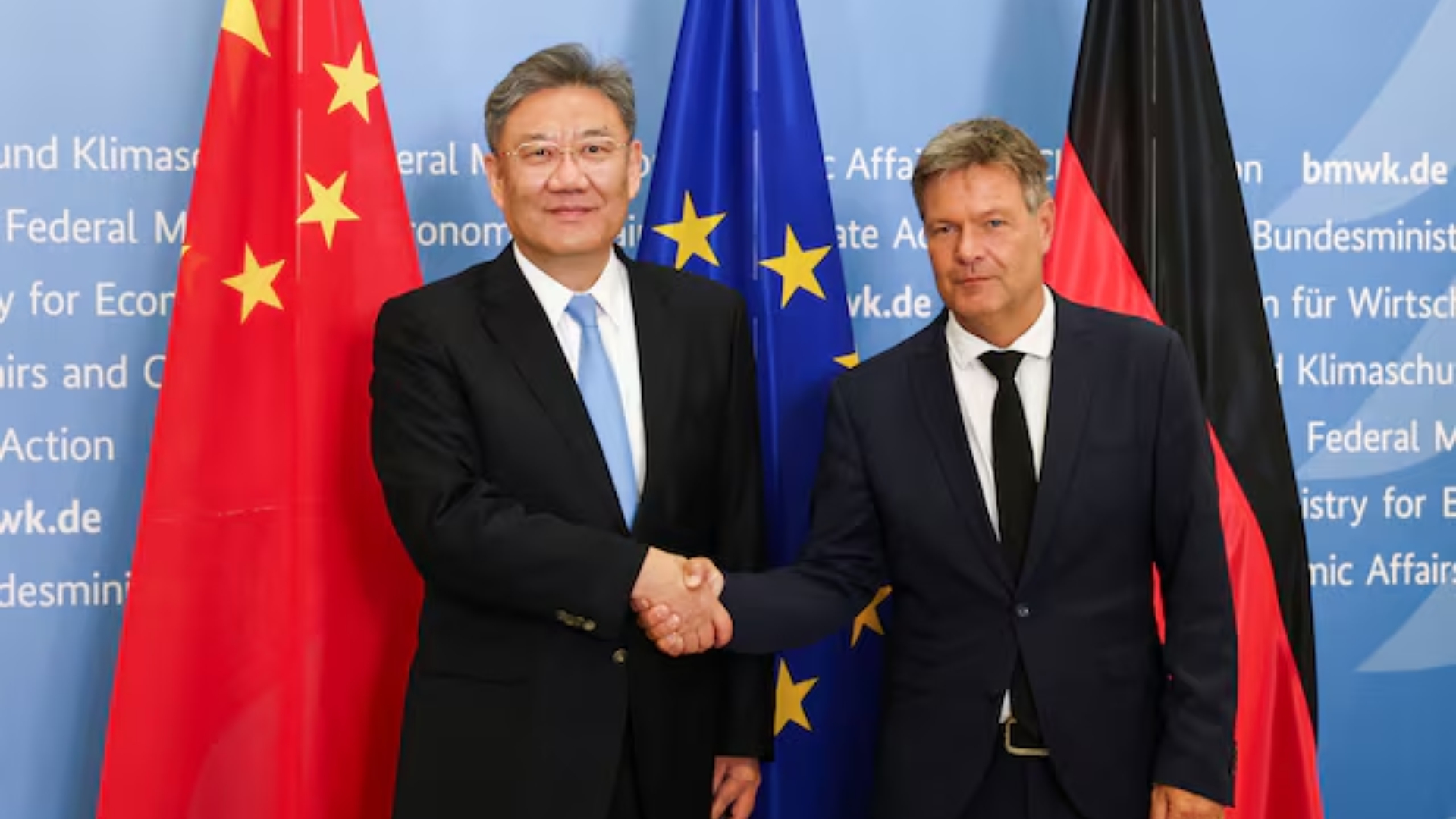BEIJING, (Reuters) – China’s commerce minister said the European Union’s imposition of tariffs on electric vehicles (EV) will “seriously interfere” with trade and investment cooperation and hurt both China and Germany.
In talks on Tuesday with German Vice Chancellor and Economic Minister Robert Habeck, Wang Wentao said he hoped to reach a solution in line with World Trade Organisation rules as soon as possible, and avoid the escalation of China-EU economic and trade frictions, according to a statement released by China’s Ministry of Commerce early on Wednesday.
The European Commission is on the verge of proposing final tariffs of up to 35.3% on EVs built in China, on top of the EU’s standard 10% car import duty.
Wang is visiting Europe for talks on the EU’s anti-subsidy case against Chinese-made EVs ahead of a vote on more tariffs.
Wang said it is hoped that Germany will proceed from its own interests and push the European Commission and China to work in the same direction.
Habeck said that Germany supports free trade, welcomes Chinese auto and parts companies to invest in Europe, and will urge the European Commission to find an appropriate solution with China and make every effort to avoid trade conflicts, according to the ministry statement.
Wang also met with Wolfgang Schmidt of the German Chancellery in Berlin, according a separate statement issued by China’s commerce ministry on Wednesday, where he told Schmidt China has insisted on properly resolving the anti-subsidy case against the country through dialogue and consultation.
China was deeply disappointed after the EU ignored China’s efforts, insisted on ruling for high countervailing duty rates, and hastily rejected the package solution proposed by the Chinese industry, Wang said in the talks.
Wang said China would not give up its efforts and will persist in holding consultations “until the last moment.”
“It is hoped that Germany, as a core member of the EU, will take the lead in playing an active role and urge the European Commission to show political will and work together with China to properly resolve the case,” Wang said, according to a second statement on the talks from the commerce ministry also released on Wednesday.
Reporting by Bernard Orr and Shanghai newsroom; Editing by Christopher Cushing and Christian Schmollinger











